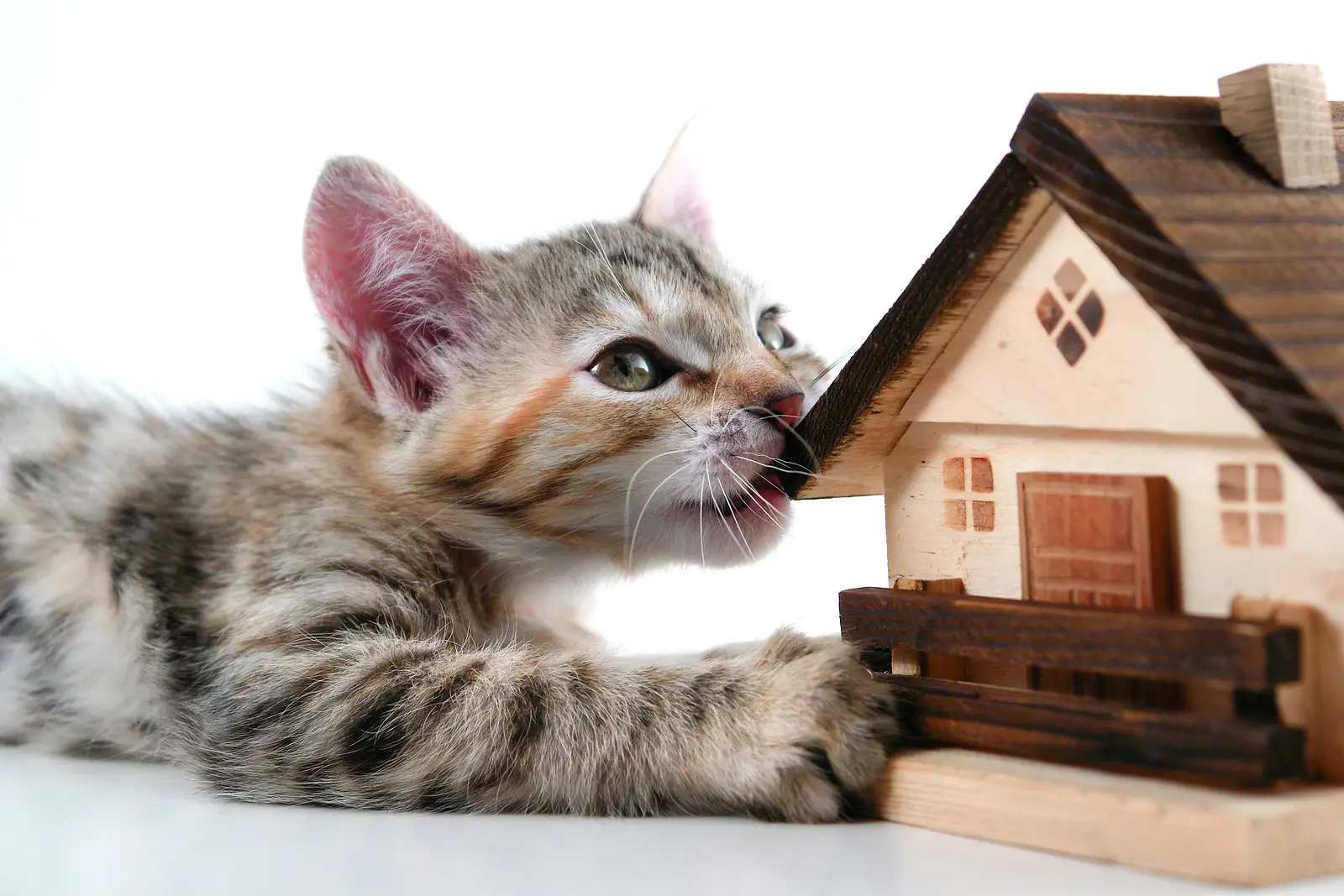Hooper, Utah, is a haven for outdoor-loving renters—and for many of them, pets are part of the adventure. Landlords who allow pets often find that they tap into a much wider pool of responsible, long-term tenants. But saying “yes” to pets doesn’t mean giving up control. With the right framework, you can set expectations, protect your investment, and enhance your property’s appeal.
At PMI Northern Utah, we guide local rental owners in creating smart pet policies that strike the right balance between flexibility and protection. Before adjusting your lease terms, it’s worth examining the pros and cons of allowing pets in your Hooper rental to determine your best approach.
Key Takeaways
- Pet-friendly policies help attract more renters and extend lease terms.
- Screening pets helps avoid behavioral issues and property damage.
- Emotional support animals are not subject to regular pet rules.
- Property upgrades can reduce long-term maintenance costs.
- Enforcement is easier when lease terms are clearly documented.
Why Pet-Friendly Rentals Are Thriving in Hooper
With Hooper’s scenic neighborhoods, open spaces, and family-oriented vibe, it’s no surprise that many residents want rentals where their pets are welcome. Landlords who adapt to this trend often see increased demand and tenant satisfaction.
What Makes It Worthwhile:
- More Tenant Interest: Listings that allow pets get more attention online and during showings.
- Long-Term Stability: Pet owners tend to stay longer, reducing turnover and vacancy rates.
- Additional Revenue Streams: Fees, deposits, and monthly pet rent can offset wear and tear.
Creating a structured pet policy isn’t just a tenant perk—it’s a smart business decision for Hooper landlords.
How to Effectively Screen Pets
Just as you would carefully screen tenants, it’s important to assess each pet to prevent surprises after move-in. A good screening process also reassures neighbors and other tenants that their comfort and safety are protected.
Include These Pet Details:
- Breed, weight, age, and size
- Proof of vaccinations and city registration
- Spay/neuter status
- Training history or behavioral red flags
- Clear photographs of the pet
This upfront effort will help you spot potential risks and set expectations early.
Setting Fair Pet Fees, Rent, and Deposits
In Utah, landlords have the right to collect fees and deposits for pets—but everything must be properly disclosed in the lease. Transparency is critical to avoid disputes later on.
Sample Fee Structure:
- Pet Rent: $25–$50 per pet per month
- Non-Refundable Fee: $200–$350 for cleaning and sanitation
- Refundable Deposit: $300–$600, depending on the pet’s size or breed
When establishing these terms, it’s helpful to align them with your broader security deposit strategy to ensure consistency and compliance.
What to Include in a Pet Lease Addendum
Every pet policy should be documented in a lease addendum that clearly explains what’s allowed, what’s restricted, and what happens if rules are broken.
Important Topics to Cover:
- Areas where pets are allowed on the property
- Leash and supervision requirements
- Noise limits (e.g., barking)
- Waste disposal policies
- Consequences for breaking rules (e.g., fines, lease termination)
Having these policies in writing makes enforcement fair and legally sound.
Know the Difference: Pets vs. Emotional Support Animals
Landlords are often surprised to learn that service animals and emotional support animals (ESAs) are not considered pets under federal law. They’re protected by the Fair Housing Act, which limits how landlords can respond.
Landlords Cannot:
- Charge pet rent or pet deposits for ESAs
- Reject a tenant based on animal breed or size
- Ask for medical records related to the tenant’s disability
Landlords Can:
- Request documentation proving the animal’s assistance status
- Enforce cleanliness and behavior standards
- Charge for damage beyond normal wear
Understanding these legal differences will help you avoid discrimination claims and keep your rental business compliant.
Property Upgrades That Support Pet-Friendly Leasing
If you’re concerned about long-term damage from pets, some proactive changes can help you maintain your rental’s condition while still welcoming responsible pet owners.
Pet-Friendly Upgrades:
- Install vinyl plank or tile flooring instead of carpet
- Use semi-gloss or satin paint that’s easier to clean
- Require deep cleaning and pest treatment at move-out
- Perform seasonal check-ups to catch wear early
- Recommend crates or pet gates for indoor control
Incorporating a seasonal maintenance plan will also help you stay ahead of damage and maintain property value year-round.
Dealing with Unauthorized Pets
Even with a well-documented policy, some tenants may bring in pets without your knowledge. Handling this quickly and consistently is critical to maintaining authority as a landlord.
Recommended Steps:
- Refer to the signed lease and highlight the violation.
- Give tenants an opportunity to apply for pet approval.
- Collect applicable fees and update documentation.
- If the tenant refuses to comply, follow your lease’s enforcement process.
Being firm yet fair will help reinforce your policies without jeopardizing tenant relationships.
The Value of Renting to Responsible Pet Owners
Many landlords who allow pets report more positive experiences than expected. Pet owners often treat their homes with greater care because they know how difficult it is to find pet-friendly housing.
Key Benefits:
- Tenants stay longer to avoid moving their animals
- Communication tends to be more proactive
- Clear expectations lead to better lease compliance
If you create a system that supports responsible pet ownership, your investment can benefit in both stability and profit.
Set the Standard for Pet-Friendly Rentals in Hooper
Creating a pet policy that protects your rental without limiting your tenant pool is completely achievable with the right systems in place. With more renters in Hooper looking for flexible, pet-welcoming homes, now is the time to take advantage of this trend.
PMI Northern Utah helps rental owners build customized pet policies, manage inspections, and protect their properties from unnecessary risk. If you’re ready to streamline your lease terms and boost tenant satisfaction, connect with our property management team to start building a smarter leasing strategy today.
FAQs
Can I limit the number of pets a tenant can have?
Yes, as long as the limitation is clearly outlined in the lease and doesn’t apply to legally protected support animals.
Are pet fees in Utah regulated by law?
Utah doesn’t cap pet fees, but they must be clearly written into the lease agreement to be enforceable.
How can I tell if a tenant’s animal is an ESA or just a pet?
Tenants must provide documentation from a qualified healthcare provider stating the need for an emotional support animal.
What if a pet causes property damage?
You may deduct damages from the pet deposit or charge the tenant separately if the cost exceeds the deposit.
Do I have to allow all types of pets if I choose to be pet-friendly?
No, you can restrict breeds, sizes, or species—as long as you make exceptions for assistance animals where legally required.


